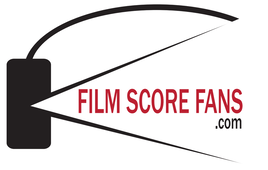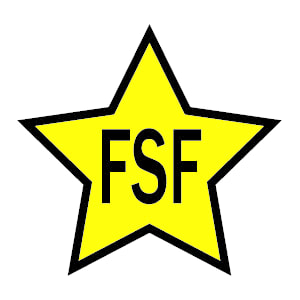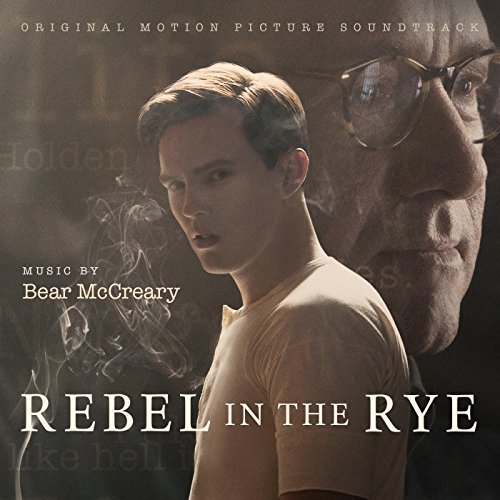|
|
What You Will Hear: Lush orchestra, piano, and some jazz charts.
Standout Tracks: Welcome to the HoF! Every track is worth your time. Will You Be Humming Along? If you aren’t, you’re not a film score fan. The album this makes me want to dust off: A Beautiful Mind – James Horner
Will I come back to it? Yes. Often. Always. I believe Erik Woods (@cinsoundradio) first described this score as "Bernstein meets Horner." I initially resisted this sentiment; I wanted to create my own informed classification. But, the more I listened, I just couldn’t ignore it. He’s right. Bear McCreary has crafted a score that is wholesome, dire, uplifting, and heartbreaking all at once. It has moments of brilliance reminiscent of the most vibrant cues from Horner’s A Beautiful Mind. It has Americana statements akin to Bernstein’s To Kill A Mockingbird. It is clearly a McCreary score, but it connects the listener to the dear departed masters, as well. The main theme is simply wonderful (see: Innocence). It is most often heard lightly performed by piano or flute. It’s most poignant statement, however, comes from a solo trumpet (see: Inspiration at War). The final two chords of the theme's opening phrase ache with emotion (I believe it is F# major to G major). So simple, yet so effective. I can’t tell if the motif makes me feel happy or sad, or both. And isn’t that the greatest compliment possible? The piano is present through most of the cues. Whether performing the main theme, the ascending secondary theme, or used as accompanying arpeggios, the instrument is the glue that holds everything together. As war takes over the story, it gives way to brooding brass and snare drum, but it isn’t long before the piano returns (see: Wartime Anxiety). The repeated back and forth in the strings have become a staple of McCreary’s writing, and are expertly used throughout (see: Early Writing and City Without the City). The percussion, so important in Battlestar and other works, are featured heavily later in the album (see: Bananafish). Again, Horner and Bernstein are everywhere: but this is still the Bear McCreary show. The jazz tunes range from small combos, to lounge music, to bombastic big band charts. I greatly appreciate the clarinet, the Typewriter Drums cue was a fun diversion, and Raya Yarbrough is always a plus. My only wish is that they had organized the jazz charts at the start or finish of the album. I am so utterly in love with the orchestral content, that I couldn’t bear any interruptions. That can be fixed with a simple playlist, but I point it out for honesty’s sake. I’m calling it now: the past twelve months will be remembered as the second McCreary Renaissance. With Battlestar Galactica and countless other hits, he took over television years ago. But now, he is solidifying himself as one of the major film composers in the world. The quirkiness of Colassal, the suspense of 10 Cloverfield Lane, and now the heartfelt emotion of Rebel in the Rye will hopefully catch the ears of every director and producer in Hollywood. Could everything up to this moment have been a prelude? I hope so. Rebel in the Rye is a masterpiece, and I look forward to many more big screen triumphs. |




